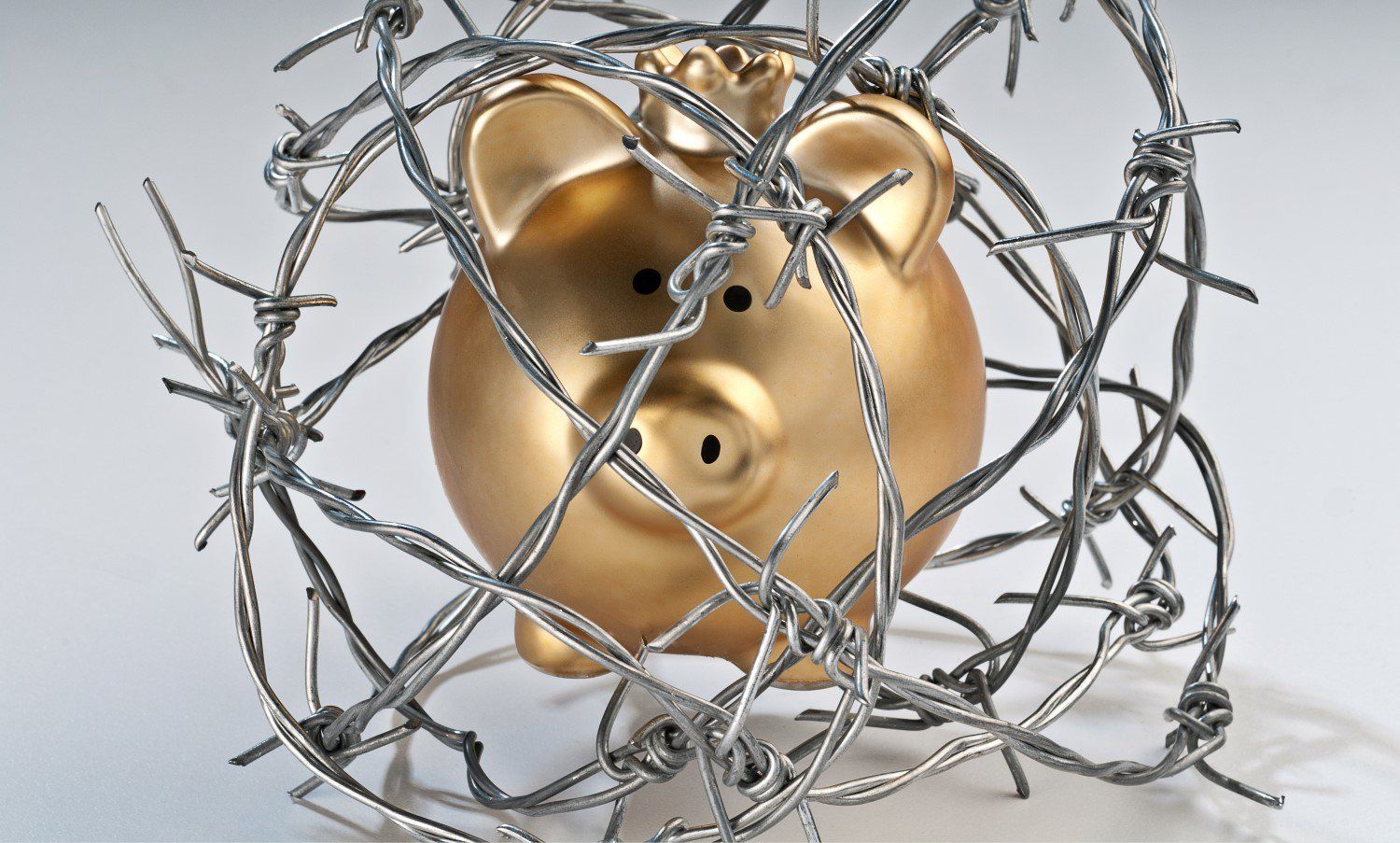Debt collection agencies work with debt collectors, some of whom act as independent collectors. Many debt collectors are attorneys who are uniquely qualified to negotiate a settlement for less than the amount owed.
Debt collectors earn a percentage of the money they collect. They can also buy old debts for pennies on a dollar and earn anything over the price of the debt that they collect.
How Debt Collection Agencies Operate
Consumers have rights when they owe money, but their legal obligation to pay their debts is real. Debt collectors can attach bank accounts to get the money, and attorneys can file the court papers.
Some agencies specialize in the types of debt they collect. For example, an agency might limit what it collects to balances over $300 that are less than three years old. The more recent the debt, the more time agencies have to recover it.
Reputable agencies don’t try to collect debts that are past the statute of limitations. There are limits to how long creditors can collect a debt, which vary by state law. Some agencies buy debt from companies for pennies on the dollar. These are usually debts that are deemed hard-to-collect.
Agencies are often willing to negotiate on accounts that are hard to collect because the debtor does not earn enough or have any assets that can be liquidated. The agencies also offer deals on accounts that are close to passing the statute-of-limitations date. For consumers, settling a debt for pennies on the dollar can result in a boost to their credit scores.
Debt collectors have the right to contact debtors, even those who have judgments against them. However, these verdicts do not guarantee debt can be collected because the debtor might not have enough income or any assets that can be attached.
Commonly, creditors can attach cars, boats, homes, and other assets as allowed by state law. They can levy bank accounts and place liens on the property that force the debtor to sell it.
Consumer Rights of Those in Debt
Collection efforts are limited by federal law by certain consumer rights. The Fair Debt Collection Practices Act prohibits agencies and debt collectors from engaging in abusive, deceptive, or overly aggressive collection behavior. The rules include the following points:
- Collectors can only try to contact debtors between the hours of 8 a.m. and 9 p.m.
- Collectors can’t contact debtors at their work locations if the boss disapproves of the contact.
- Debt collectors must identify themselves in all communications.
- Collectors are prohibited from lying or trying to scare you.
- Collectors may not harass or abuse you.
- Collectors must cease their collection efforts when asked in writing to do so.
In the wake of the coronavirus pandemic, many federal, state, and local laws apply that give consumers additional protection from debt collection efforts. President Biden signed an executive order on Jan. 20, 2021, to extend the rules against foreclosures and evictions to March 31, 2021. The CARES Act also extended coronavirus protection against certain types of debt collection.
The Right to Collect a Legitimate Debt
Creditor’s rights include all the legally acceptable ways of collecting a debt, but the rules can be difficult to track down. Fortunately for debt collectors, the National Consumer Law Center posts a document that includes all COVID-19 protections for consumers on the federal and state levels.
Rapidly Changing Laws on Debt Collection
The rapidly changing laws on consumer debts can leave independent debt collectors adrift in an ocean of bureaucratic red tape. You might need to consult an attorney if you fall outside of rapidly evolving regulations, so choose an experienced attorney who specializes in debt collection law.









